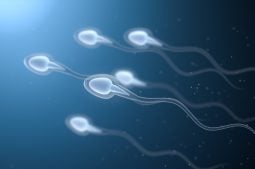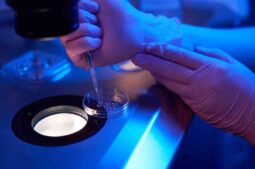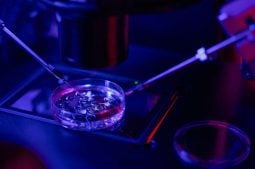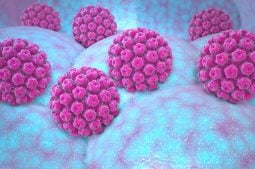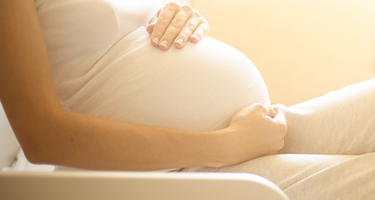
2 July 2025
Umbilical Cord–Derived Platelet-Rich Plasma: A New Approach to Reducing Infertility and Implantation Failure in Women with Endometrial Pathologies
This pioneering study documents, for the first time, the use of allogeneic (donor-derived) platelet-rich plasma (PRP) obtained from umbilical cord blood as a treatment to regenerate atrophic or thin endometrium, as well as in cases of Asherman’s syndrome Allogeneic PRP contains a significantly higher concentration of growth factors and anti-inflammatory properties than autologous PRP, thanks… View Article

